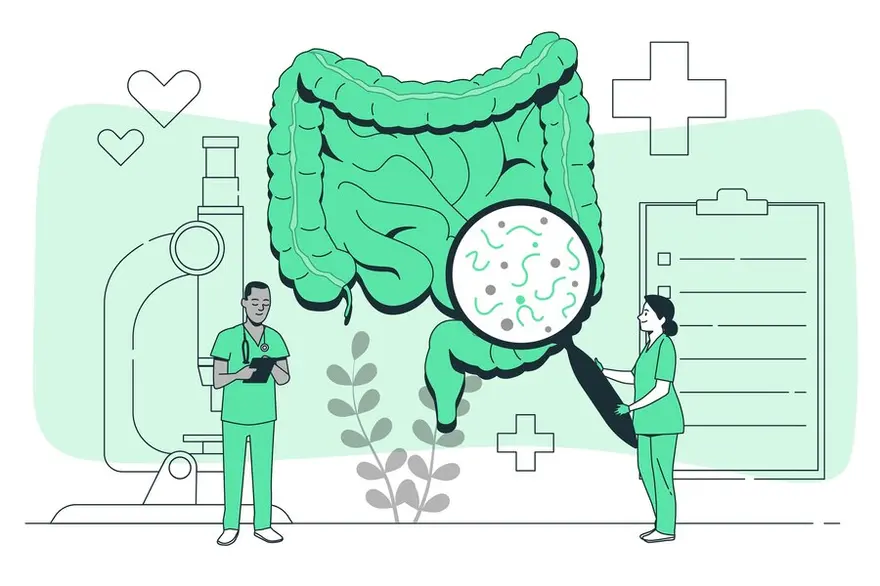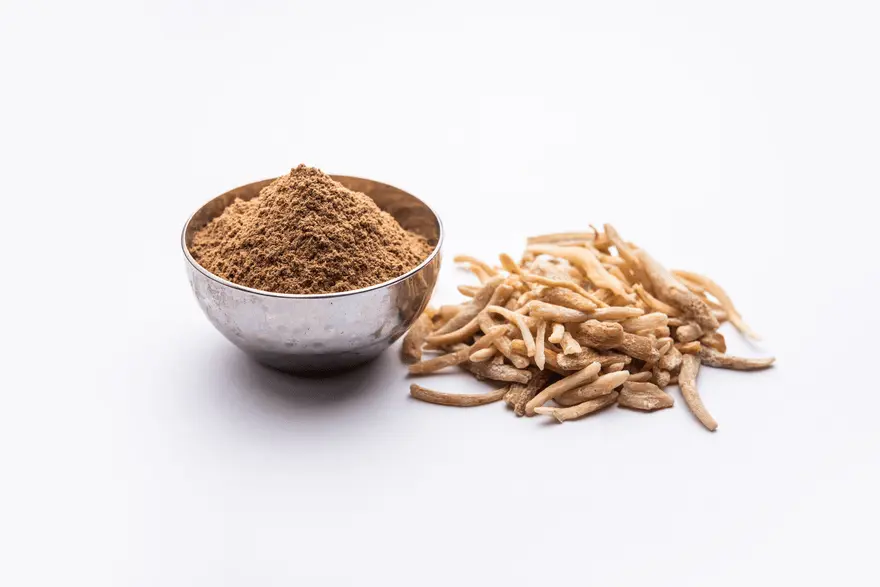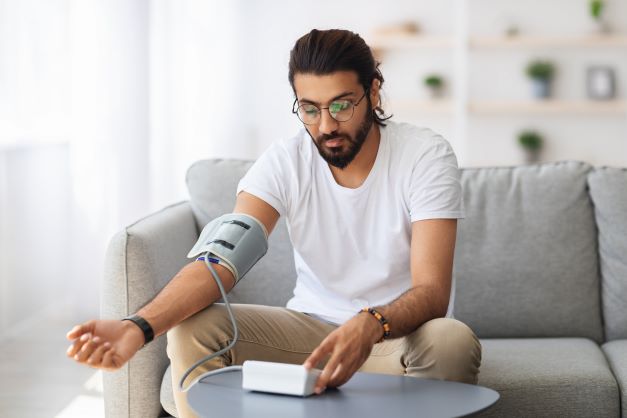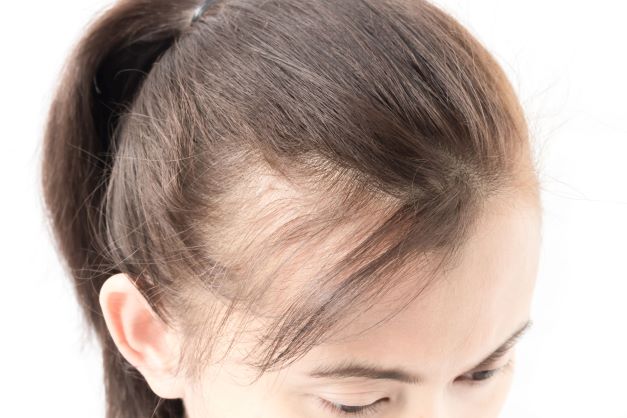Preventive Healthcare
Proctitis: Causes, Symptoms, and Treatment for Rectal Inflammation
859 Views
0

What is proctitis?
Proctitis refers to inflammation of the mucosal lining of the rectum, the final segment of the large intestine connecting the colon to the anus. When the rectal lining becomes inflamed, it can cause various uncomfortable symptoms related to bowel movements and rectal discomfort. Proctitis can occur as an acute condition, meaning it comes on suddenly and lasts for a short time, or it can be chronic, persisting for an extended period. Understanding proctitis causes is essential for effective treatment, as inflammation can arise from various factors.
What are the different types of proctitis?
There are several proctitis types, each with distinct characteristics:
- Proctitis associated with Inflammatory Bowel Disease (IBD) is linked to chronic conditions like ulcerative colitis and Crohn's disease.
- Infectious Proctitis is caused by STIs and other infections like Salmonella.
- Radiation Proctitis results from radiation therapy, while Diversion Proctitis occurs post-ostomy surgery. The risk factors and severity can vary depending on individual circumstances.
Understanding these proctitis types is crucial for effective management.
What are the symptoms of proctitis?
The proctitis symptoms you experience may vary depending on the underlying cause and severity of your condition. Common signs of proctitis symptoms include:
- A constant urge to have a bowel movement, even when the bowel is empty
- Changes in bowel habits, with stools being either loose and watery or hard and difficult to pass
- Cramping, tenderness, or pain in the anus, rectum, or left side of the abdomen
- Passing blood, mucus, or pus along with stool
What are the first signs of proctitis?
The initial proctitis symptoms typically appear during bowel movements and may include:
- Tenderness, burning, or cramping when trying to have a bowel movement
- Urgent need to defecate
- Loose stools, blood in the stool, or mucus being passed along with stools
What are the causes of proctitis?
Proctitis, an inflammation of the rectum lining, can be caused by a variety of factors, each impacting treatment options and symptom management. Let’s look at some common and less common causes of proctitis.
Common proctitis causes of proctitis include:
- Inflammatory Bowel Disease (IBD): Chronic digestive disorders such as ulcerative colitis and Crohn’s disease can cause proctitis as part of their range of symptoms. These conditions frequently lead to recurring inflammation, pain, and even bleeding in the rectum. Managing IBD-related proctitis often requires long-term treatment, including anti-inflammatory medications and lifestyle modifications.
- Sexually Transmitted Infections (STIs): Some STIs, including gonorrhoea, herpes, chlamydia, and lymphogranuloma venereum, can infect the rectum, causing significant inflammation. This proctitis type, often seen in individuals who engage in anal intercourse, can lead to discomfort and rectal pain. Prompt diagnosis and treatment with appropriate antibiotics or antivirals can resolve symptoms and prevent complications.
- Radiation Therapy: Radiation treatment for cancers in the pelvic region, such as cervical, prostate, or rectal cancer, can cause radiation proctitis. Radiation proctitis is a common side effect due to rectal lining damage from radiation exposure. Symptoms like chronic inflammation, bleeding, and bowel habit changes may persist, requiring specialised therapies for symptom relief.
- Infections: Non-sexually transmitted bacterial infections such as Salmonella, Shigella, and Clostridioides difficile (C. diff) can also lead to proctitis. These infections, particularly in individuals with compromised immune systems, can result in rectal inflammation that needs targeted antibiotic treatment to prevent further complications.
- Ostomy Surgery: In patients with an ostomy (where part of the intestine empties through the abdominal wall), a remaining rectal stump can develop inflammation, known as diversion proctitis. Managing diversion proctitis may involve medications or other therapies.
Some less common proctitis causes include:
- Anal Injuries: Injuries from anal sex or anal play may lead to inflammation and discomfort, potentially causing proctitis if the tissue is irritated or damaged.
- Medications: Certain medications, particularly NSAIDs, have been linked to proctitis as a side effect. In these cases, changing or stopping the medication under medical guidance may relieve symptoms.
- Insertion of Harmful Substances: The introduction of foreign or harmful substances into the rectum can damage tissues and lead to inflammation.
- Autoimmune Diseases: Other autoimmune conditions, like lupus, may cause autoimmune proctitis, where the immune system mistakenly attacks rectal tissue.
Proctitis severity can vary greatly depending on the underlying cause, making an accurate diagnosis essential for effective treatment and symptom management.
Is proctitis a serious condition?
Proctitis can be a serious condition if it is left untreated or if it leads to complications. Potential complications of proctitis include:
- Severe rectal bleeding
- Narrowing of the rectum (stricture) due to scarring
- Development of abscesses or abnormal passageways (fistulas) around the rectum
- Anaemia from chronic blood loss
- Increased risk of infections
However, with timely diagnosis and appropriate treatment, the prognosis for proctitis is generally good. Most people are able to manage their symptoms effectively and prevent serious complications.
How is proctitis diagnosed?
If your doctor suspects proctitis, they will perform a series of diagnostic steps to confirm the condition and identify the underlying cause. This helps guide appropriate proctitis treatment based on each individual’s needs. The diagnostic process typically involves:
- Medical History: Your doctor will begin by asking about your symptoms, sexual history, previous medical conditions, medications, and any history of radiation therapy or ostomy surgery. This information provides a crucial background for understanding potential causes of proctitis.
- Physical Exam: A comprehensive physical examination, including a digital rectal exam, is usually performed. This allows the doctor to check for inflammation, bleeding, or masses in the rectum.
- Tests: Depending on your case, several tests may be recommended, including:
- Blood Tests: These assess levels of inflammation or infection indicators, helping to identify underlying causes.
- Stool Tests: Stool samples are examined for infectious organisms like bacteria, viruses, or parasites, which can be contributing factors.
- Rectal Culture: For cases where sexually transmitted infections (STIs) are suspected, a rectal culture is done to detect specific pathogens.
- Endoscopic Procedures: Procedures such as flexible sigmoidoscopy or colonoscopy allow direct visualization of the rectum. During these procedures, a tissue biopsy may be taken to provide more precise information about the type and extent of inflammation.
Accurate diagnosis is essential to selecting an effective proctitis treatment plan tailored to the cause and severity of the condition.
Does proctitis go away by itself?
Proctitis usually requires treatment and does not resolve on its own. The type and duration of treatment depend on the underlying cause of your proctitis. For example:
- Infectious proctitis caused by STIs or bacteria typically requires antibiotics.
- Proctitis related to IBD often requires anti-inflammatory medications and immunosuppressants.
- Radiation proctitis may improve on its own over time, but some people need treatments like laser therapy or medications to control bleeding.
- Diversion proctitis usually resolves after surgery to reconnect the ostomy.
How long does proctitis last?
The duration of proctitis depends on the underlying cause and the effectiveness of treatment. Some cases of infectious proctitis may resolve within a few weeks with antibiotics, while proctitis related to chronic conditions like IBD may require long-term management. Working closely with your healthcare provider can help you control your symptoms and minimise the impact of proctitis on your daily life.
What is the treatment for proctitis?
Proctitis treatment depends on the underlying cause. Options include antibiotics for bacterial infections, anti-inflammatory drugs for IBD-related cases, immunosuppressants for severe inflammation, and laser therapy or electrocautery for radiation proctitis. In severe cases, surgery may be necessary. Your doctor tailors treatment to your needs.
How to prevent proctitis?
While not all cases of proctitis can be prevented, there are some steps you can take to lower your risk:
- Practice safe sex
- If you have IBD, work with your doctor to keep your condition well-controlled with medications and lifestyle changes.
- Be cautious with anal sex or anal play to avoid injuring the rectum.
- Take NSAIDs only as directed and consider alternatives if you're prone to digestive issues.
- Don't insert harmful substances into the rectum.
What is the outlook for proctitis?
With proper treatment, the outlook for proctitis is generally positive. Acute cases often resolve within weeks to months, while chronic proctitis linked to IBD can be managed with medication and lifestyle changes to control symptoms. Regular follow-ups help ensure effective management, allowing most individuals to maintain a good quality of life.
When to see a doctor about proctitis?
Seek medical attention for proctitis symptoms like rectal pain, changes in bowel habits, blood, mucus, or pus in stool, tenesmus, or fever. Prompt diagnosis aids in effective treatment and prevents complications. Mention any history of IBD, STIs, pelvic radiation, or ostomy surgery to help guide your doctor’s evaluation.
Conclusion
Dealing with proctitis can be challenging, but with the right knowledge and care, it's possible to manage your symptoms and maintain good rectal health. If you suspect you may have proctitis, don't hesitate to consult your healthcare provider for personalized guidance and treatment options.
At Metropolis Healthcare, we understand the importance of accurate diagnosis in managing conditions like proctitis. Our team of skilled technicians offers convenient at-home sample collection services, ensuring your tests are processed promptly at our state-of-the-art labs. With reliable results and expert support, we're committed to empowering you to take control of your health.





































 WhatsApp
WhatsApp